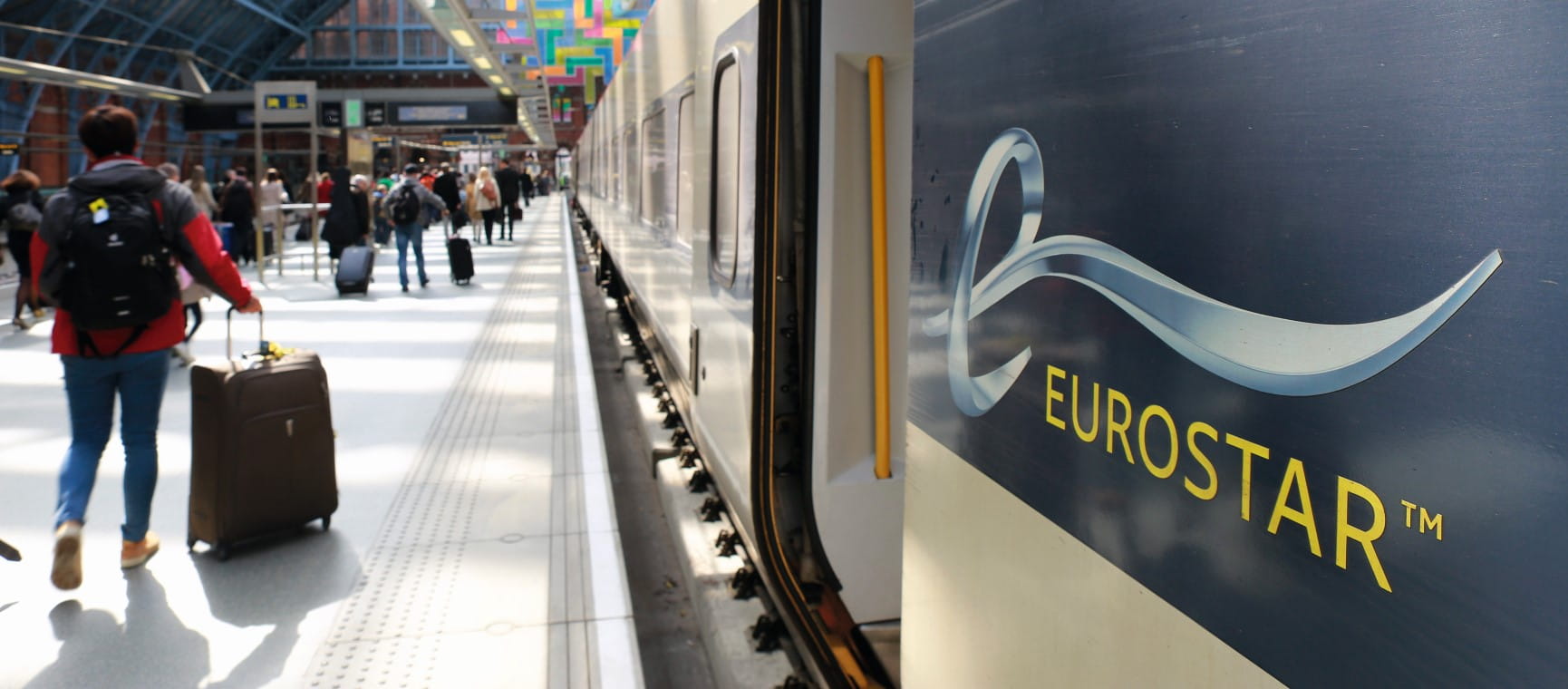
Autumn 2024 sees the way we travel in and out of Europe changing again, with the introduction of the new EU entry/exit system (EES). It was due to launch on Sunday November 10, 2024, but has been set back again, with the European Union saying there is no timetable yet for its introduction, but it will be phased in.
Never heard of it? Don’t worry, you are in good company. The latest National Travel Attitudes Study, commissioned by the Department of Transport, revealed that a whopping 69% of respondents were not aware of it, with just 4% saying they knew a lot about it.
But if you are planning to go to Europe in 2025, it’s a good idea to keep abreast of what it means for you and your travel plans.
It is a border control system that records the movements of non-EU nationals entering and leaving the Schengen area – the EU’s passport-free travel area that encompasses 29 countries. As well as providing your name, nationality and passport details, you’ll register biometric details including fingerprints and facial scans.
The system replaces manual passport stamping, and will make it easier for the EU to keep track of when travellers arrived and how long they’ve stayed, and to detect people who stay longer than the prescribed limit of 90 days out of every 180.
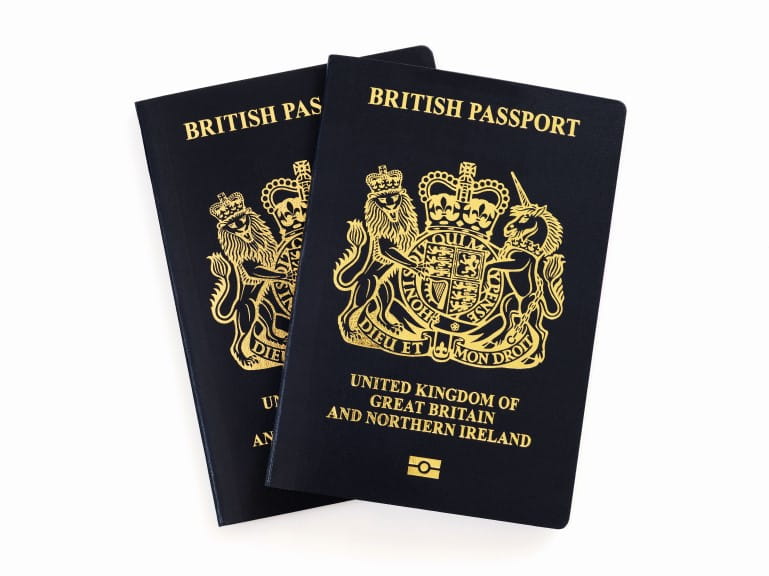
Self-service kiosks are being installed at airports, ports and stations, where you will be able to register passport details, four fingerprints and a facial scan.
Once you have registered, all subsequent journeys will be quicker, requiring you to have only one piece of biometric data – a fingerprint or facial scan – checked. Your details are valid for three years from point of entry, unless your passport expires.
There is a risk of delay as people register their details, especially for the first time. Once registration is complete, passengers go through passport control as normal.
France has border control officers stationed on British soil at the Port of Dover, the Eurostar terminal in St Pancras and Eurotunnel LeShuttle terminal in Folkestone because the UK has a reciprocal juxtaposed border arrangement with the EU (meaning the border controls take place before boarding the train or ferry rather than upon disembarkation).
In the long run, the system is designed to be quicker and more efficient. It will be easier for the EU to identify ‘overstayers’ and control immigration. Because it is an identity verification tool, the system will also help combat terrorism and organised crime.
The EU said, "It is an important step towards achieving more effective border management and better oversight of who is crossing the EU’s external borders."
Holiday periods such as Christmas are likely to be busier than usual, so plan ahead and check traffic updates before you leave.
There may be a ‘soft launch’ period for six months where border control can revert to manual passport stamping if traffic and delays build up. Plus, there will eventually be an app where passengers can register some details ahead of time, though not biometrics.

LeShuttle has invested £67 million upgrading its Folkestone and Calais terminals, where 224 self-registration kiosks are being installed in a covered pre-registration area.
They estimate it will add four to seven minutes on to journey times, and are conducting volunteer testing.
LeShuttle’s chief commercial officer Deborah Merrens said, "We’re confident the effect on customers will be minimal."
Meanwhile Doug Bannister, chief executive officer of the Port of Dover, explains, "People arriving by coach will disembark to register at kiosks and go through passport control in a newly built coach hall in the western docks. They will reboard the coach, which will be sealed and taken to the ferry terminal.
"In the short term, car drivers will proceed to the usual waiting area and register details on tablets. Longer term, we hope car drivers will also be able to register via a kiosk. Over time, the quantity of initial registrations will drop off as more people get registered."
Richard Thorp, engineering director at HS1 – the line on which Eurostar travels – says, "Our number one priority is to make it as seamless as possible. At London St Pancras International, we are Installing 49 kiosks. Eurostar has also doubled the number of manual border control positions going from nine to 18.
"We do not expect any delays as a result of the new EES process and anticipate no extra queuing time at check-in, but first-time travellers will have a slightly longer transaction time at border police controls to complete their registration."
The process will be more straightforward, as you register your details after you’ve landed in the EU country.
This should in theory be less time-consuming than queuing for passports to be stamped, which has caused long delays at EU airports for UK travellers post-Brexit.
EU passengers do not have to register their details, and Irish citizens will also be exempt despite Ireland not being in the Schengen Area.
Being married to an EU national won’t help – you’ll still have to register. However, non-EU members who are legally resident or have a long-stay visa are exempt.
In addition to the EES, the European Travel Information and Authorisation System (ETIAS) is a visa waiver that will launch in mid-2025.
UK nationals – and other non-EU travellers who previously did not require a visa to enter the EU – will need to apply for authorisation to travel to the EU.
It authorises travel for up to 90 days but is valid for three years. If you get a new passport, you need to get a new ETIAS travel authorisation. It will work in a similar way to the US ESTA system and cost €7.
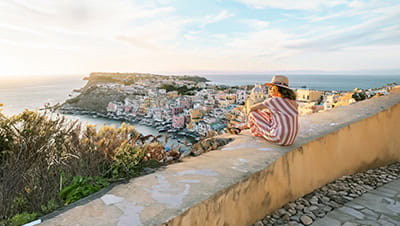

Booked your trip and thinking about travel insurance? When you're looking to compare travel insurance, don't settle for less.

Click below for your chance to sail through Germany on board Saga’s stunning new ship, Spirit of the Moselle, worth £2,519pp.
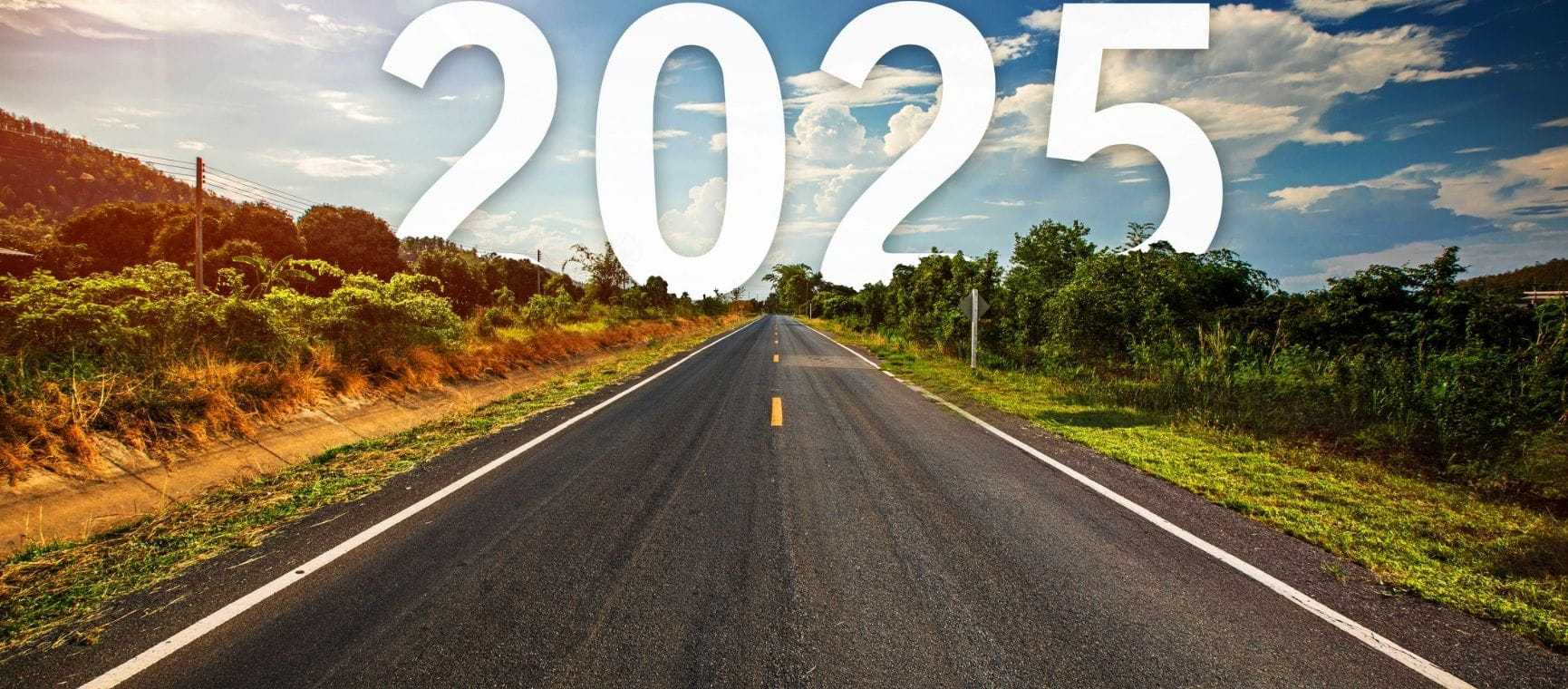
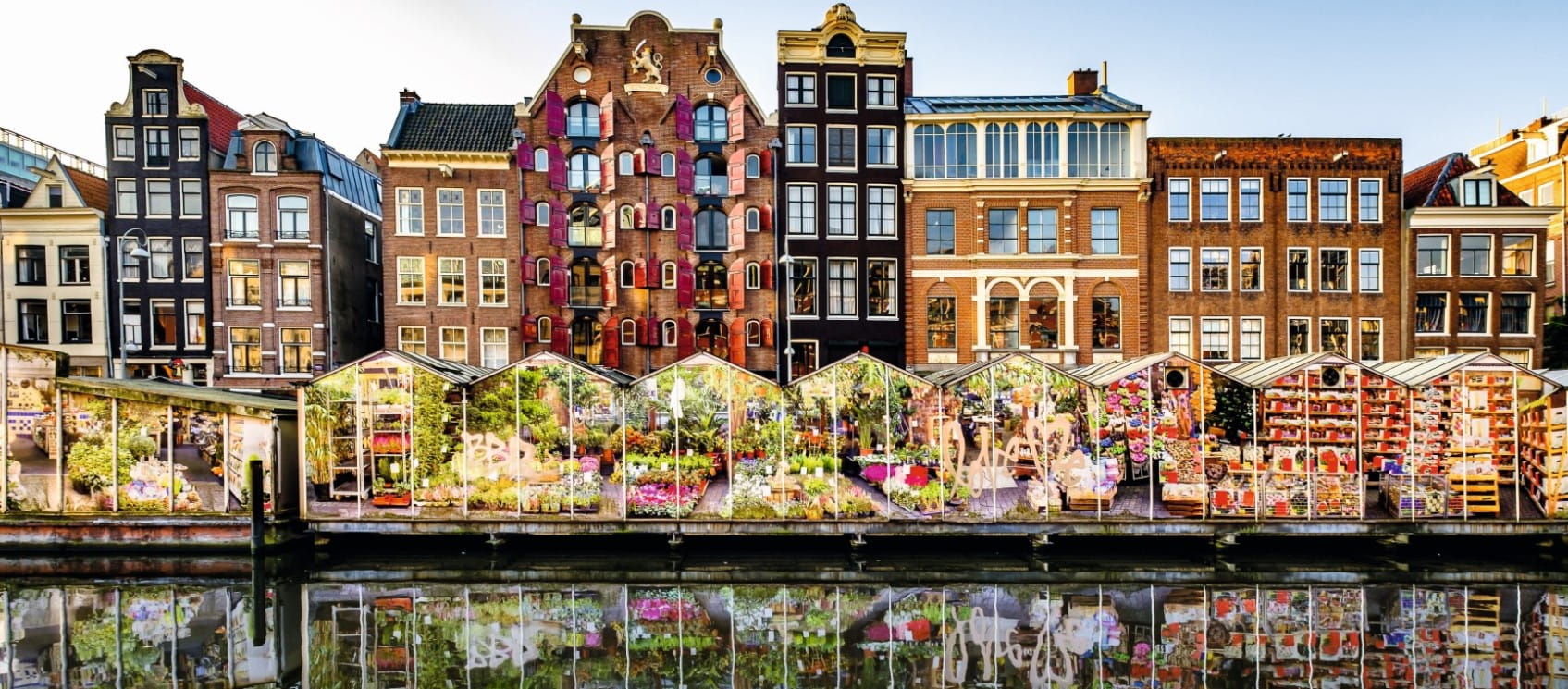

Whether your perfect beach holiday is just sun, sea and sand, or if you like a bit of sightseeing, shopping or snorkelling thrown in, one of these might be your ideal destination.

Jetting off to Italy’s ‘Eternal City’? We reveal the best places to visit in Rome, from ancient temples to al fresco dining with a view.


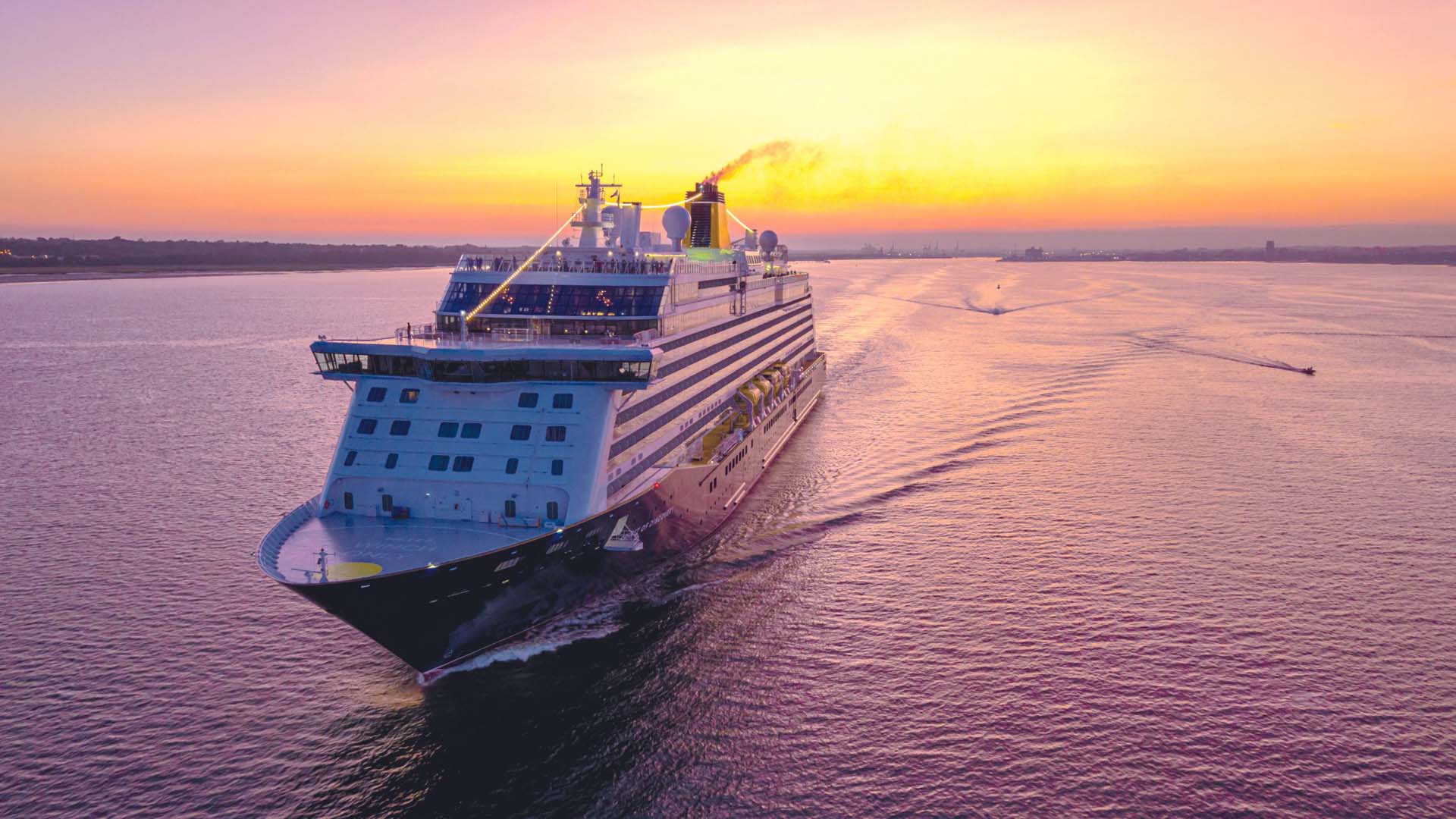


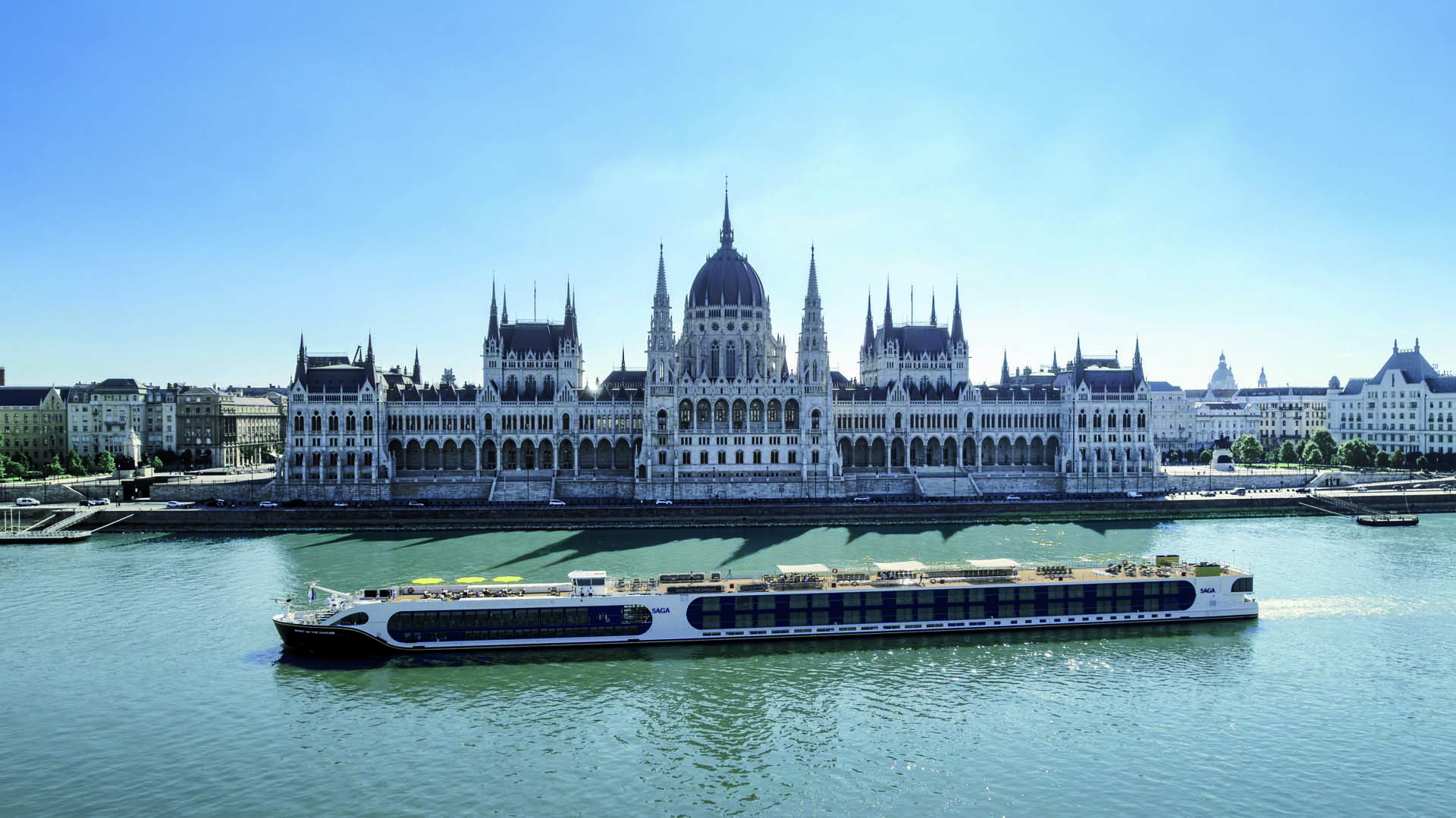
A different destination every day - why a river cruise could be your perfect summer holiday.
